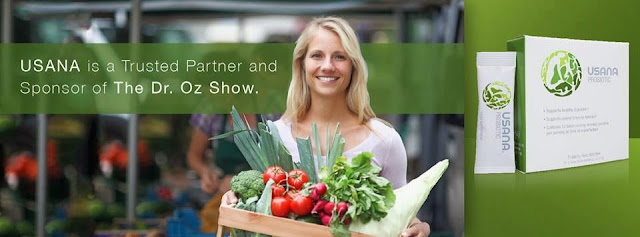May 13, 2015
Long-term use of a daily multivitamin/mineral may lower cancer risk in middle-aged and older men (Weekly Essentials of Health bulletin coutesy of Usana Health Sciences)
At a Glance
A daily multivitamin/ mineral supplement taken long-term may help reduce cancer risk in middle-aged and older men.
Read more about this research below.
In this randomized, double-blind, placebo controlled study of approximately 14,641 male physicians ages 50 or older from the United States, participants were randomly assigned to take a daily multivitamin/ mineral supplement or a placebo between 1997 and June 2011. During the median follow-up of 11.2 years, researchers recorded 2,669 cancer cases, including 1,373 prostate cancer cases and 210 colorectal cancer cases. When examining outcomes at the study's end, the researchers found an 8 percent reduction in total cancer occurrence among participants assigned to multivitamin use.
Although the main reason to take multivitamins is to prevent nutritional deficiency, this study reinforces the value of long-term consistent use of a daily multivitamin as a convenient and affordable insurance policy for good health and possible cancer prevention in middle-aged and older adults.
J. Michael Gaziano et al. Multivitamins in the Prevention of Cancer in Men: The Physicians’ Health Study II Randomized Controlled Trial. JAMA. 2012;308(18):doi:10.


